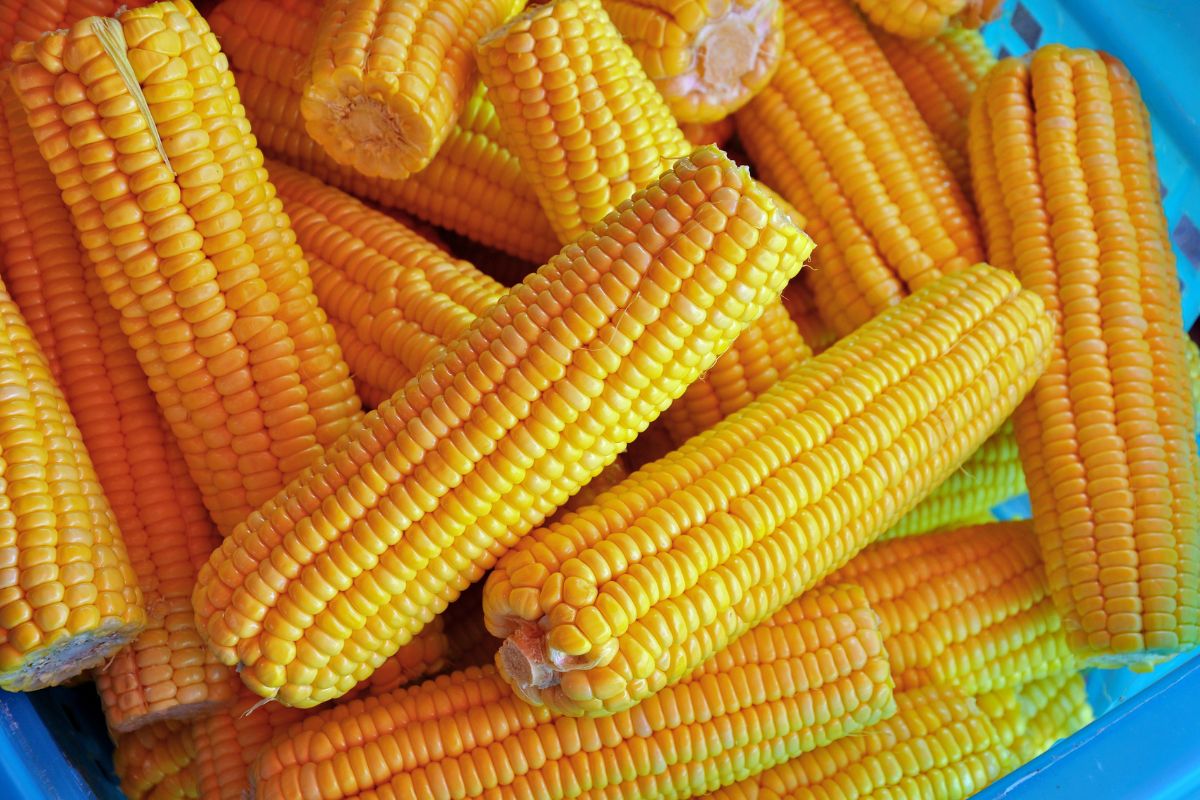


FPO Corn, at the great of a changing face on agriculture, is the leading indicator of the changing surface of farming. With food needs through the roof, the need for scalable, sustainable alternatives increases. Farmer Producer Organisations, especially Maize-focused, turn smallholder farming into a company ready for commercial production. These organizations provide farmers with essential tools, knowledge, and doors to markets to lead them to the top in this competitive business arena.
We are going to explore FPO Corn, its multiple benefits, and how it enhances agricultural sustainability. We will also discuss the key issues in order to have a better comprehension of the possible taking on.
FPO Corn is a collaborative agriculture effort run by Farmer Producer Organisations (FPOs). These organizations are legally recognized groupings of farmers that combine their resources to enhance agricultural techniques. Farmers benefit from collaboration because it provides them with better technologies, financial services, and broader markets. FPO Corn aims to improve corn production efficiency while also providing farmers with a consistent cash stream.
FPO Corn provides a lot of opportunities to smallholder farmers. The main challenges most small farmers face are limited access to modern farming technology, financing, and large-scale markets. This pools resources and knowledge, hence enabling farmers to stay competitive.
FPO Corn’s collective model provides a variety of benefits to its members. It improves productivity, lowers operating costs, and increases market presence. Let’s go further into these perks.
FPO Farmers can save their money by collectively purchasing inputs such as seeds, fertilizers, and machines. Mass purchasing enables farmers to cut costs on farming, thereby increasing its profitability. They can also fetch higher prices because of group negotiation with suppliers and buyers.
Technology is important to enhance crop yields and quality. FPOs may provide small-scale farmers with new equipment such as high-precision tools for agriculture, irrigation systems, and pest control techniques. This increases productivity while cutting the use of toxic chemicals, making agriculture safer for consumers and farmers both.
Smallholder farmers frequently encounter barriers to reaching profitable markets owing to a lack of infrastructure and negotiating strength. FPO Corn overcomes this issue by allowing farmers to combine their output and access larger markets. This united strategy results in higher crop prices, with the potential to sell directly to large purchasers or export abroad.
FPOs open up government initiatives, loans, and subsidies for farmers that otherwise would be open to individual farmers. Money may be available from FPOs for infrastructure, tools, and technological changes to be made to help farmers, which are official companies. This monetary assistance helps the farmer to grow his business and increase his yield and profitability.
The major advantage of FPO Corn is the education and skill development that it focuses on. Farmers are continually trained in the latest farming techniques, environmental practices, and new trends. The focus on ongoing learning helps the members stay ahead of the curve in the ever-changing agriculture business.
Sustainability is an essential part of the FPO Corn concept. The effort focuses on environment-friendly farming techniques that ensure long-term agricultural earnings while resources are also conserved.
This advocates for the use of natural sustainable inputs. In the effort to ensure that organic manure and natural pest control practices are used to curb the use of hazardous chemicals. These approaches promote healthier soils, cleaner water supplies, and lower greenhouse gas emissions.
This helps to build a more resilient agricultural environment by encouraging sustainable farming practices. Farmers that follow the FPO Corn model frequently use crop rotation, soil conservation, and water-saving practices, ensuring that the land remains productive for years to come. This technique promotes ecological integrity while addressing global food demand.
